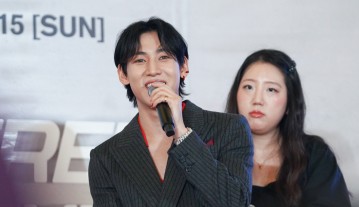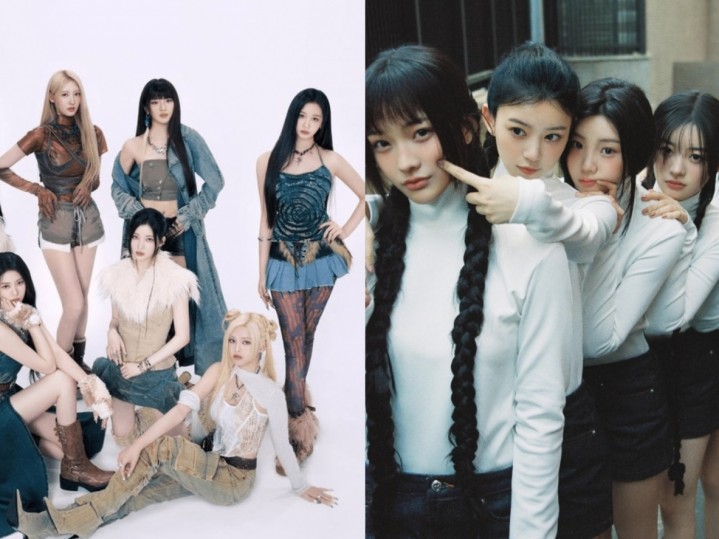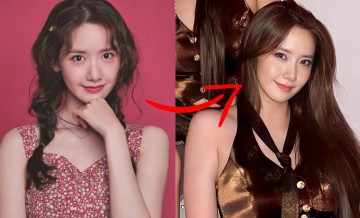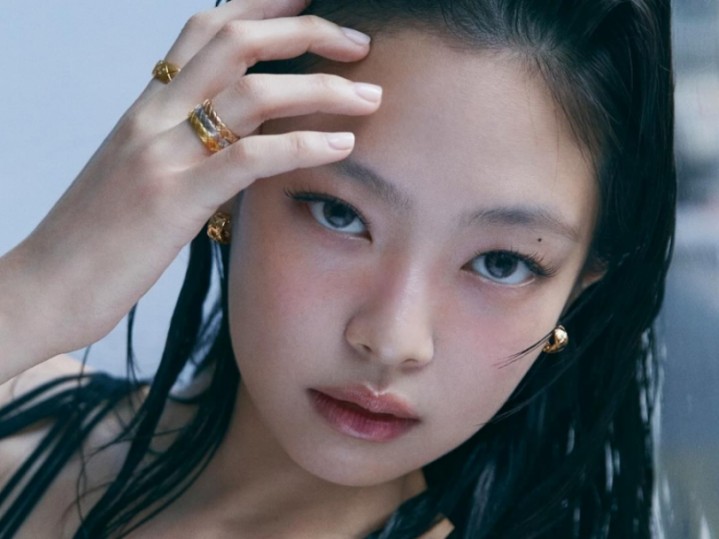The Evolution of Korean Pop Music Through the Lens of EXO
Prior to EXO's debut, the K-Pop Idol Star scene was on the decline. That makes their dominant year all the more memorable. They're like an assorted gift set that has twelve uniquely individual products that also go well with each other. Everything about EXO - their Korean/Chinese dual marketing, a revival of the do-or-die teenage fan girls, their sudden rise to the top, and having their first full album become a million-seller - is something to be researched. They certainly are an anomaly, but we need to delve deeper to see what was the cause of the phenomena and what is to follow.
What made them the top stars of today? Did their entrance into the idol star culture change everything else to follow? It's not a reach, says many researchers and modern historians, that EXO could really be the beginning of the new wave. Sure, they are good looking and skilled, but what goes beyond those obvious equations in EXO? How are they shifting the paradigm of the idol culture?
A brief examination of the evolution of K-Pop may help in this discussion. Until this point, K-Pop has been a succession of "brand redefining". In other words, there was a steady evolution in the marketing of each K-Pop star and group that enhanced both the marketability and resulting popularity of the stars to the point where the failing general economy did not affect the success of the idol stars and groups.
Before K-Pop was K-Pop, it was just Korean music. In the mid 90's, Korean music had a revolution with the introduction of such stars as Park Jin Young and Seo Taiji and the Boys. While these artists were still "musicians", the first generation of idol stars that followed them were created to be a marketable "brand". As is such, the groups debut with songs that would appeal directly to the teens experiencing angst against the conservative culture that is the school system. H.O.T and Sechs Kies first songs, "The Descendant of Warrior" and "School Lyrics" respectively, spoke of bullying at school and the stress of school. The marketing then evolved to appeal the idol groups as "people" and not just stars, which lead to second generation stars such as g.o.d. making frequent appearances on entertainment shows. g.o.d. had their own TV program where they raised a baby, which lead to their immense popularity. The schism between the second and third generation stars happened when companies like YG Entertainment began to show how a group is assembled in Big Bang. This lead to the fans feeling like they are taking part in the debut of their favorite stars.
EXO's unique debut concept is a branching out from this concept. Their "special abilities" like "freezing" or "teleportation" may seem like a weird concept that is taken straight off of the pages of a comic strip, but it played surprisingly well to their individual personalities and allowed even younger fans to enjoy EXO members. This kind of concept, while seemingly childish, is also what made SBS's variety show "Running Man" so popular among children. Plus, their moving on from that "Growl" concept to a more mature "Miracles in December" concept gave the illusion of 'growing up' to the fans. Of course, their debut concept allows other areas to branch out, including animation, so it can't be utterly abandoned, although an appeal to the older fans might dictate that they leave that concept behind at some point.
The successful re-branding of Korean music into K-Pop had to do mostly with the development of skilled idol groups. The late 90's was the era of the "lip sync", but for Korean music to compete with mainstream Pop music, the groups had to focus on their singing and rapping skills without missing a beat on performance. That's when stars like BoA, Rain, and Se7en began to take over the Asian market. This is also when Korean music became a new international genre - K-Pop.
Why, then, did the soaring K-Pop market fall to a decline? It can be traced back to their "scandals", which made many previously popular stars unlikable. 2PM's ex-member Jay Park declared his dislike for Korea on twitter, and KARA fought with their management company. Big Bang dealed with Daesung's drunk driving manslaughter scandal and G-Dragon's marijuana scandal. T-ARA members were reported to be bullies, while IU's pure image was marred by her scandalous bedside photos with Super Junior's Eunhyuk. When a person or a group of people become as popular as the aforementioned stars become, their personal lives are required to be exemplary. This is because their popularity is dictated entirely by the public. Once they lose the favor of their fan groups, the stars will become ordinary and fade away into the veils of K-Pop history.
So what sets EXO apart in this regard? For one, EXO has been doing community service even before their debut. Their diligence is well documented, and this is seen as one of the most best qualities of EXO. Their brand requires that EXO be "well-behaved, good-natured boys", and SM did a great job by implementing this from before their debut. This willl certainly help EXO's image even down the line.
Their branding as "aliens" with "super powers" and their diligent community service work are two things that no other group has done before. It's working. It is working so well, in fact, that EXO may have opened the door to a new evolution of K-Pop stars. Did they successfully turn the cog that will lead to a new direction of K-Pop? Or does the uniqueness of their debut make it impossible to copy?
And there is still one uncertainty left: music. K-Pop music, or rather, internationally popular K-Pop music still has not moved away from the "dance" genre; therefore, their continued popularity is difficult to foretell. Will EXO be the ones to produce music in a uniquely EXO-like trend? Can they make K-Pop ballads and rock also popular? Perhaps EXO is the answer to the question of 'what's next?', and perhaps whoever comes next after EXO will have that answer.
















